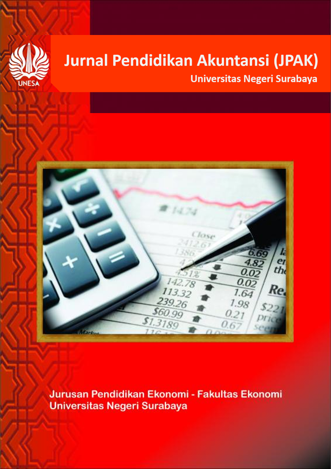Problem-Based Learning untuk Peningkatan Prestasi Belajar Mahasiswa: Penelitian Tindakan Kelas
Keywords:
Student activities; learning outcomes; education quality; classroom action research; taxationAbstract
Personal income tax (in income tax chapter 21) is a chapter of taxation that students have great difficulty with due to the many tax rates and mechanisms in calculations. In pretest, more than 50% of students were unable to finish the test on time and the average score was lower than the passing grade. This research aims to examine the use of problem-based learning to increase student activity as well as improve learning outcomes. This research was classroom action research that applied two cycles where each cycle consisted of planning, implementation, observation, and reflection. This research also used observation forms to measure lecturer and student activities and a closed questionnaire to examine student responses. The result showed that there was increased student and lecturer activity from cycle 1 to cycle 2. Furthermore, the average score also increased in cycle 2. Based on the questionnaire, applied PBL in a personal income tax course had the effect of making learning activities fun, increased the ease of understanding of the subject and introduced new experiences that connected the cases with daily life.
Downloads
Downloads
Published
How to Cite
Issue
Section
License
Authors who publish with this journal agree to the following terms:
- Authors retain copyright and grant the journal right of first publication with the work simultaneously licensed under a Creative Commons Attribution License that allows others to share the work with an acknowledgement of the work's authorship and initial publication in this journal.
- Authors are able to enter into separate, additional contractual arrangements for the non-exclusive distribution of the journal's published version of the work (e.g., post it to an institutional repository or publish it in a book), with an acknowledgement of its initial publication in this journal.
- Authors are permitted and encouraged to post their work online (e.g., in institutional repositories or on their website) prior to and during the submission process, as it can lead to productive exchanges, as well as earlier and greater citation of published work (See The Effect of Open Access).

Jurnal Pendidikan Akuntansi (JPAK) is licensed under a Creative Commons Attribution-NonCommercial 4.0 International License.
 Abstract views: 126
,
Abstract views: 126
, PDF Downloads: 142
PDF Downloads: 142



